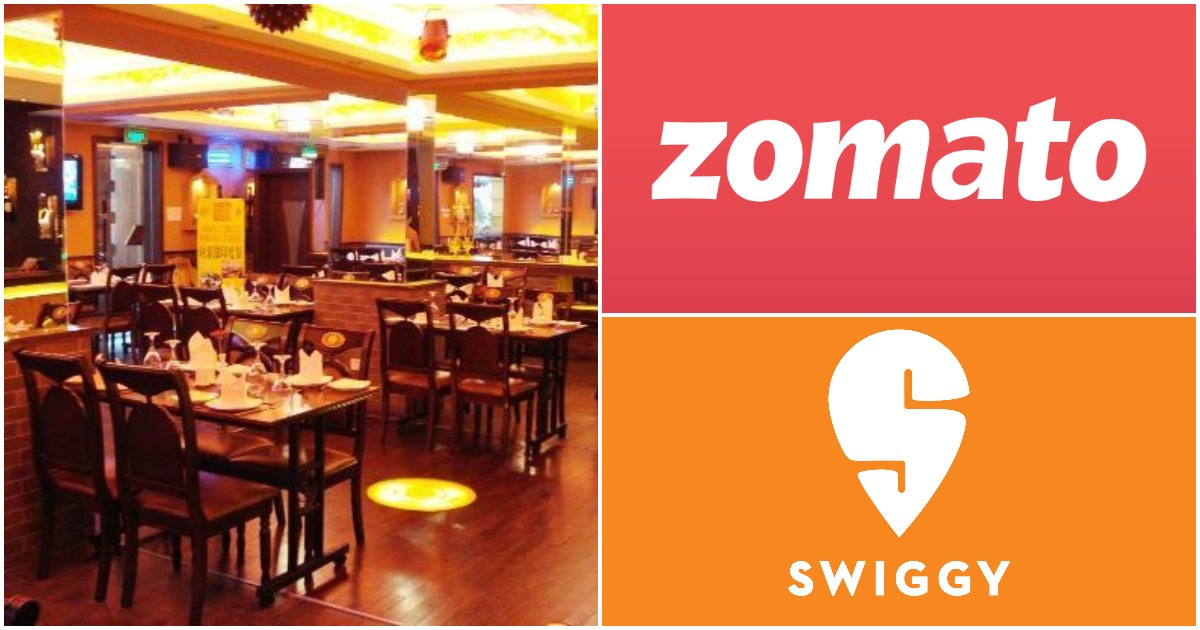
NEW DELHI, Jan 1: Food aggregators like Swiggy and Zomato and cab operators like Ola and Uber have been brought under the tax dragnet with five per cent GST is becoming applicable to them with effect from Saturday. The footwear of any kind will also start attracting 12 per cent GST instead of five from Saturday.
These are among the many changes in the GST regime that have come into effect in this new year 2022. Food aggregators will now have to collect and deposit tax at 5 per cent rate, a move which will widen the tax base as food vendors who are currently outside the GST threshold will become liable to GST when provided through these online platforms. Currently, restaurants registered under GST are collecting and depositing the tax.
Also, cab aggregators like Ola and Uber will have to collect 5 per cent Goods and Services Tax (GST) for booking 2 and 3 wheeler vehicles effective January 1. Also to tackle evasion, the GST law has been amended to state that the input tax credit will now be available only once the credit is appearing in GSTR 2B (purchase return) of the tax payer. Five per cent provisional credit, earlier allowed in GST rules, will not be permitted post January 1, 2022.
EY India Tax Partner Bipin Sapra said “this change will have an immediate impact on working capital of tax payers who are currently availing credit of 105 per cent of matched credit. The change will also mandate industry to validate that the procurements are made from genuine and compliant vendors.”
The other anti-evasion measures which would come into effect from the new year include mandatory Aadhaar authentication for claiming GST refund, blocking of the facility of GSTR-1 filing in cases where the business has not paid taxes and filed GSTR-3B in the immediate previous month. Currently, the law restricts filing of return for outward supplies or GSTR-1 in case a business fails to file GSTR-3B of preceding two months.
While businesses file GSTR-1 of a particular month by the 11th day of the subsequent month, GSTR-3B, through which businesses pay taxes, is filed in a staggered manner between 20th-24th day of the succeeding month.
Also, the GST law has been amended to allow GST officers to visit premises to recover tax dues without any prior show-cause notice, in cases where taxes paid in GSTR-3B is lower based on suppressed sales volume, as compared to supply details given in GSTR-1.
Sapra said while the amendment is likely to curb the malpractice of passing of input tax credit through declaring in GSTR-1 without paying taxes in GSTR 3B, genuine differences in GSTR-1 and GSTR 3B like carry forward of unadjusted credit notes are likely to face unnecessary scrutiny. The move is intended to curb the menace of fake billing whereby sellers would show higher sales in GSTR-1 to enable purchasers to claim input tax credit (ITC), but report suppressed sales in GSTR-3B to lower GST liability.
(Manas Dasgupta)













